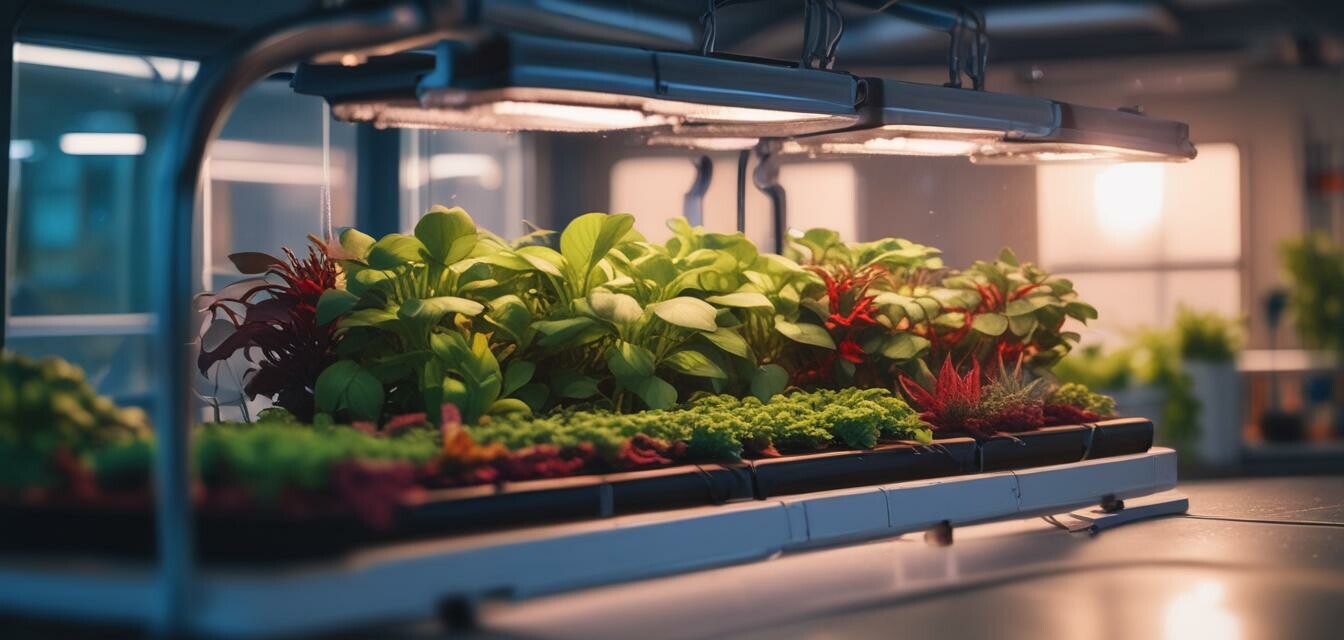
Fun Hydroponic Experiments for Science Fairs
Key Takeaways
- Hydroponic gardening uses nutrient-rich water instead of soil.
- Engaging science fair projects can spark interest in agriculture and sustainability.
- Simple experiments can be set up using household items or basic hydroponic systems.
- Students can learn about plant biology, chemistry, and environmental science.
Hydroponic gardening is a fascinating way to explore plant growth without soil, using nutrient-rich water instead. This innovative method offers an excellent opportunity for students to engage in science experiments that can be showcased at science fairs, promoting both education and interest in sustainable agricultural practices. In this article, we will discuss some fun hydroponic experiments that are perfect for students and can captivate the attention of judges and visitors alike.
Why Use Hydroponics for Science Fairs?
Hydroponics allows students to learn about ecological principles in a hands-on manner. These experiments can illustrate how plants absorb nutrients, the effects of light and water on growth, and much more. With many schools focusing on STEM education, hydroponics fits perfectly into the curriculum. Here are several benefits:
- Promotes understanding of biological and chemical processes in plants.
- Encourages critical thinking and problem-solving skills.
- Fosters creativity in designing experiments.
- Provides an engaging way to learn about sustainability and environmental science.
Exciting Experiment Ideas
1. The Effect of Nutrient Solutions on Plant Growth
This experiment allows students to test different nutrient solutions and observe how they affect plant growth. The setup is simple, and can be done using common materials. Here's a basic outline:
- Gather several identical plants (e.g., basil or lettuce).
- Set up different hydroponic systems using various nutrient solutions (distilled water, distilled water with nutrients, and store-bought nutrient solutions).
- Monitor growth over a few weeks, recording plant height, leaf health, and overall development.
2. Light Spectrum and Plant Growth
Light is crucial for plant growth, and students can explore how different light spectrums affect their hydroponic plants. Here's how:
- Use LED lights of different colors (red, blue, white).
- Set up identical hydroponic systems for each light color.
- Monitor and compare growth rates over a set period.
3. pH Levels and Their Impact on Plant Health
pH levels can significantly affect nutrient availability for plants. This experiment can be done as follows:
- Prepare hydroponic systems with water adjusted to different pH levels (e.g., 5, 6, 7).
- Select identical plants and place them in each system.
- Observe and compare growth rates, health, and any other notable differences.
Materials You Will Need
| Item | Purpose |
|---|---|
| Hydroponic system | To grow plants without soil |
| Nutrient solutions | Provide essential nutrients to plants |
| pH test kit | Test water acidity levels |
| LED grow lights | Provide different light spectrums for experiments |
| Identical plants | Ensure consistency in experiments |
| Data recording sheets | To keep track of observations |
Tips for Success
Beginner tips for setting up your hydroponic experiments:
- Start small: Use simple setups to familiarize yourself with hydroponics.
- Take notes: Document everything to analyze the data effectively later.
- Be patient: Plants take time to show results, so maintain regular observation.
- Engage with others: Share your progress and results with classmates for collaboration.
Conclusion
Hydroponic gardening projects are not only informative but also incredibly engaging for students participating in science fairs. These fun hydroponic experiments encourage creativity, critical thinking, and a deep understanding of biological processes. For more projects and ideas, check out our DIY Projects section for inspiration.
Pros
- Encourages hands-on learning.
- Promotes sustainability awareness.
- Inspires creativity in experiment design.
Cons
- Requires access to specific materials.
- Some plants may have slow growth rates.
Explore More
Interested in further enhancing your hydroponics knowledge? Check out our Growing Media for insight on effective substrates, or look into Nutrient Solutions to understand the best compounds for your plants. Embrace the passion for sustainable gardening!

